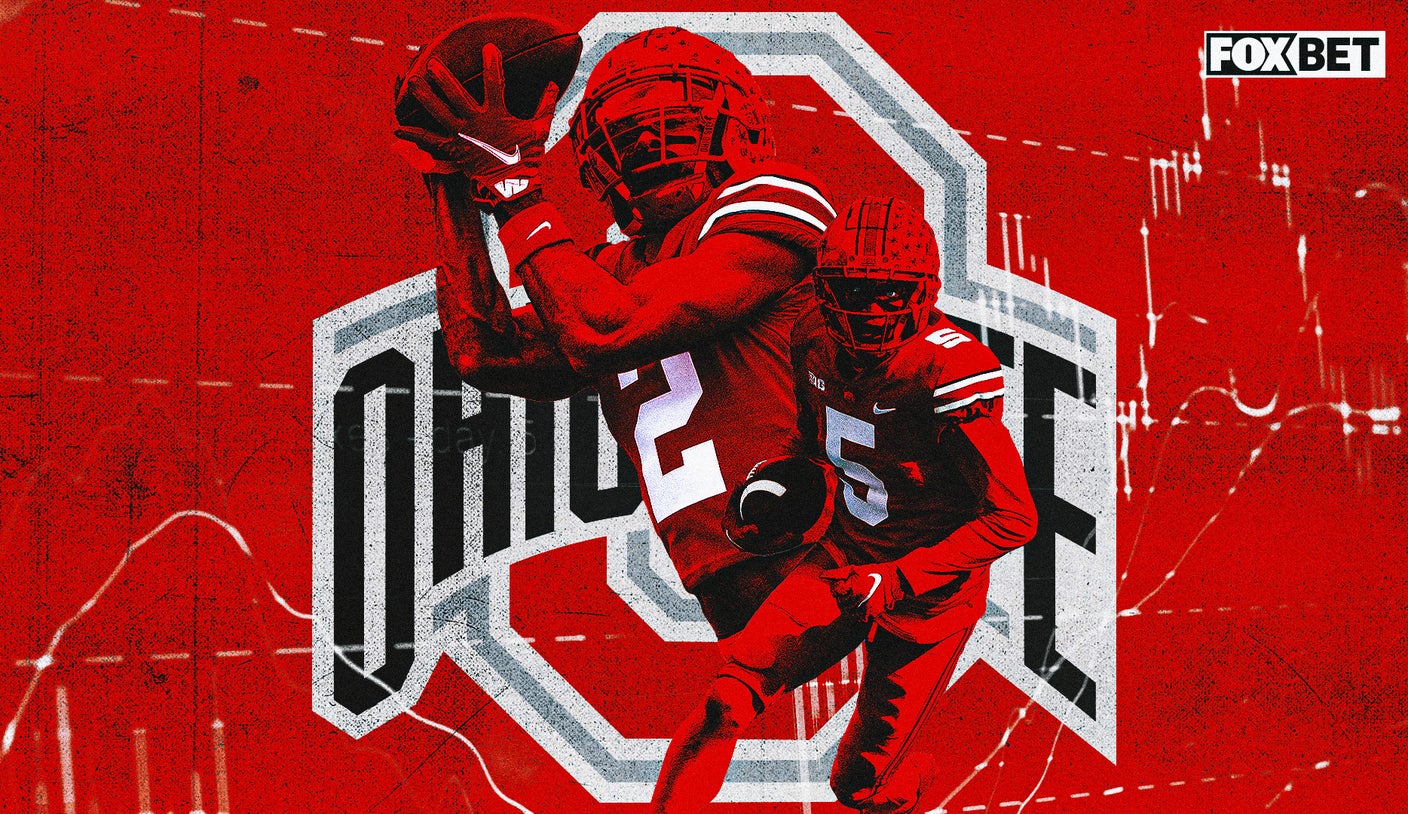
AllSported, the trading solution from the Racing Post’s parent company Spotlight Sports Group, is formed of a joint venture between TXODDS, Banach Technology and Racing Post.
Einar Knobel, CEO of TXODDS, Mark Hughes, CEO of Banach Technology, and Alan Casey, head of trading at AllSported, sat down to discuss what impact the shutdown and subsequent return of racing had and what changes might be here to stay.
Without UK and Irish racing over the past seven weeks, how has the popularity of US racing grown and have punters looked elsewhere to place a bet?
EK: Anecdotally, turnover is significantly up on additional markets, as might be expected. At TXODDS we have tried to make sure that anything and everything available to bet on has been covered. Hats off especially to the PDC Home tour for a creative and down to earth approach to lockdown which has been a shining light while live sport has been put on hold.
AC: Yes, punters turned to international racing to fill the void and the racing that stayed in operation globally saw big increases, with reports of 10 times the volume on US racing during April. The return of French racing also saw a large spike in bettors through the Racing Post app.
MH: Without a huge amount of detailed analysis from our side, the proof is in the numbers. We can see the liquidity on exchanges is much higher than normal for these types of events. Punters clearly want to have a bet on racing, and if UK and Irish racing is not available, they will look elsewhere for similar forms of entertainment.
Racing behind-closed-doors is due to return to the UK in early June. What effect do you think the absence of on-course bookmakers will have on the starting price (SP)?
AC: Very little. The SP has become very exchange driven in any case with the majority of on-course bookmakers plugged into BETDAQ with the rest Betfair. SP will just be generated using an average of off-course bookmakers following the exchanges rather than on-course bookmakers.
MH: The SP is designed to capture public sentiment on what the true price is. The key drivers will be where public sentiment is captured, this will now be done using larger bookmakers and popular betting exchanges. With no on-course bookmakers to determine the SP, I suspect we might even find a more efficient SP calculated from where liquidity actually takes place – online.
Without any spectators will the in-running market be drastically different?
MH: Whatever the sport, in-running markets are largely driven by fast data. I’d suspect those at the track have a distinct advantage with access to real-time data and therefore provide a lot of the liquidity to the exchange. It will be interesting to see if the absence of on-course traders will reduce liquidity. Conversely, we might see the removal of this advantage levelling the playing field and experience a higher volume of in-running trading from television pictures. This could, in theory, improve the in-running market.
AC: Will be interesting to see. You would assume in-running traders won’t have access to the tracks. In-running traders on track do set the exchange markets which everyone else then follows, so you could see a drop in liquidity which leads to prices with an increased margin added.
However, if you take them out of the market completely it could become fairer and could see market makers able to offer better pricing, as there would be reduced fear of being picked off by a man on track.
EK: I tend to agree with both Alan and Mark, what I will say is across the sporting landscape any difference to mentality and performance will already be analysed and accounted for and there is an obvious difference between having spectators and not.
Racing has an opportunity to fill an ‘entertainment gap’ without other live sport. How big of a role does a company’s pricing strategy play in attracting new customers?
AC: A huge role! You will have a bigger audience with a lot of potential new racing punters. It’s very important to offer them competitive pricing so that their money goes further. I think firms should be doing everything they can do to engage these customers and show them what a great betting sport racing is. They should be doing this through content, pricing, promotions, anything they can do basically.
EK: It would be fair to say that regular punters have come to expect good value services, so that is as important as ever. With new customers likely to be attracted to the sport with the current lack of sport it is important they are educated and engaged to ensure the sport can welcome and retain new fans.
MH: In order to provide positive customer experience, the operator must offer the customer product to engage with the sport at a fair price. The punter will not feel entertained if the price is impossible to beat. Therefore it is imperative that the operator offers a price that is consistently fair and competitive. Having a breadth of derivative markets engages a range of customers whilst pricing accuracy is important to keep a competitive margin and offer a positive customer experience.
With the lack of sport over the last two months and the forecasted economic downturn do you see any long term changes occurring across the betting industry?
MH: When all sport returns I expect online betting will bounce back fast. However, I do believe operators will reflect on this time and try to draw lessons from the experience over the last two months. I expect operators will continue to see the value in reducing operational overhead and a continued drive towards efficiency and automation. I also expect that the value of having a diversified product set has been highlighted more than ever before. Operators will look to plug the gap with online gaming, esports and other non-sport dependent products to keep customers engaged.
EK: Firstly, who would have thought a situation would arise with virtually no sport whatsoever being played around the world? For so long this has been a constant feature underpinning growth in betting on a worldwide scale. Now a reliance on sports will be looked at in terms of revised risk, and so one might expect operators to adjust their exposure to sport in general and structuring costs to generate sports products. To end on a positive note, history informs us that pandemics are usually short, sharp shocks and then things revert to normal, and betting being the second oldest profession has always proven it can bounce back.
AC: I think we’ll see operators continue to diversify to future-proof themselves from similar situations. The role of content will become more important as operators will need to be able to educate and cross-sell customers into other products. Spotlight comments or similar will become more the norm in a variety of sports as customers will look for quick insights that give them an informed view on the event from an independent source they can trust.
In a globalised world, future pandemics are inevitable, so I think behind closed doors sports or sports which can operate behind closed doors well will become more important. Costs will certainly come under more scrutiny. So you may see an even greater trend towards automation.



